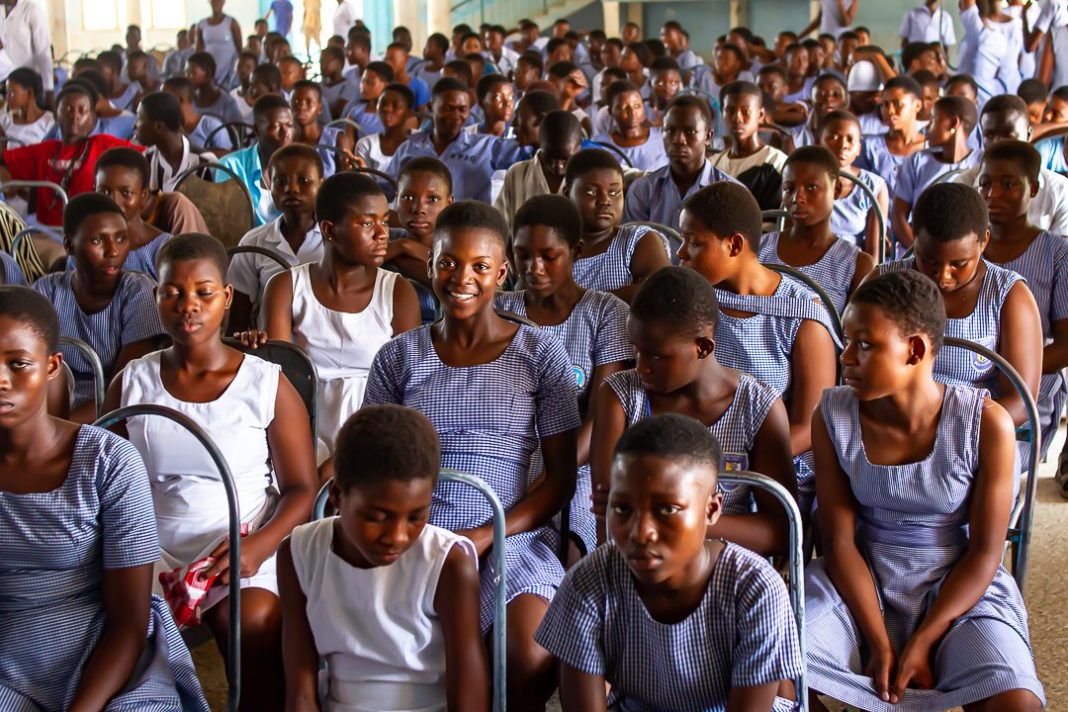The National Council for Parent-Teacher Associations (NCPTA) is worried about the longstanding feeding challenges in senior high schools.
In a statement signed by the National President of the NCPTA, Christian Aikins Astu, the parents stated that revisions in the distribution of food items to schools under the policy exacerbate the feeding challenges in the schools.
The arrangement, through the buffer stock, according to the parents, is problematic.
“Furthermore, the operational challenges in relation to the emerging food crisis at some basic schools across the country under the Ghana School Feeding Programme (GSFP) and the senior high/technical and vocational schools’ feeding program under the Ghana Buffer Stock Company (GBSC) across the country due to the government’s inability to pay contractors (food suppliers) who, through the GSFP and GBSC, have been contracted to supply adequate food to feed our students at the basic and secondary educational levels, respectively.”
“This unfortunate situation has resulted in food rationing due to the shortage of food in our schools, a review of the feeding timetable in schools based on the food items available, hence compromising the quality, quantity, safety, and security of the meals provided by school administrators due to the demand and supply situation on the ground,” portions of the statement read.
The parents were even more worried that the government continues to deny the situation that exists.
“This unfortunate reality on the ground and the deliberate denial by the government and its spokesperson have compelled Joy News to carry out a fact-finding documentary on the feeding situation in our SHS dubbed ‘Empty Plates.’ The recent Free SHS National Policy Dialogue and the call for a review by the general public clearly show that all is not well for the popular Free SHS program,” the statement said.
When David Volmeng, the Upper East Regional Secretary of the NCPTA, spoke on A1 Radio’s Day Break Upper East Show, he mentioned that the Council only came to respond to the situation now because of the excess pain.
“When there are issues, as a stakeholder, you don’t just rush to the media to complain like that. You have to at least speak with stakeholders and find out what is there. These were some of the things that we were still looking at, hoping that they could have been able to resolve those issues, but it looks like it is now getting out of hand, and so we have to come and put our voices to it so that stakeholders know what is happening to our children,” he said.
Source: A1radioonline.com|101.1MHz|Mark Kwasi Ahumah Smith|Bolgatanga|


